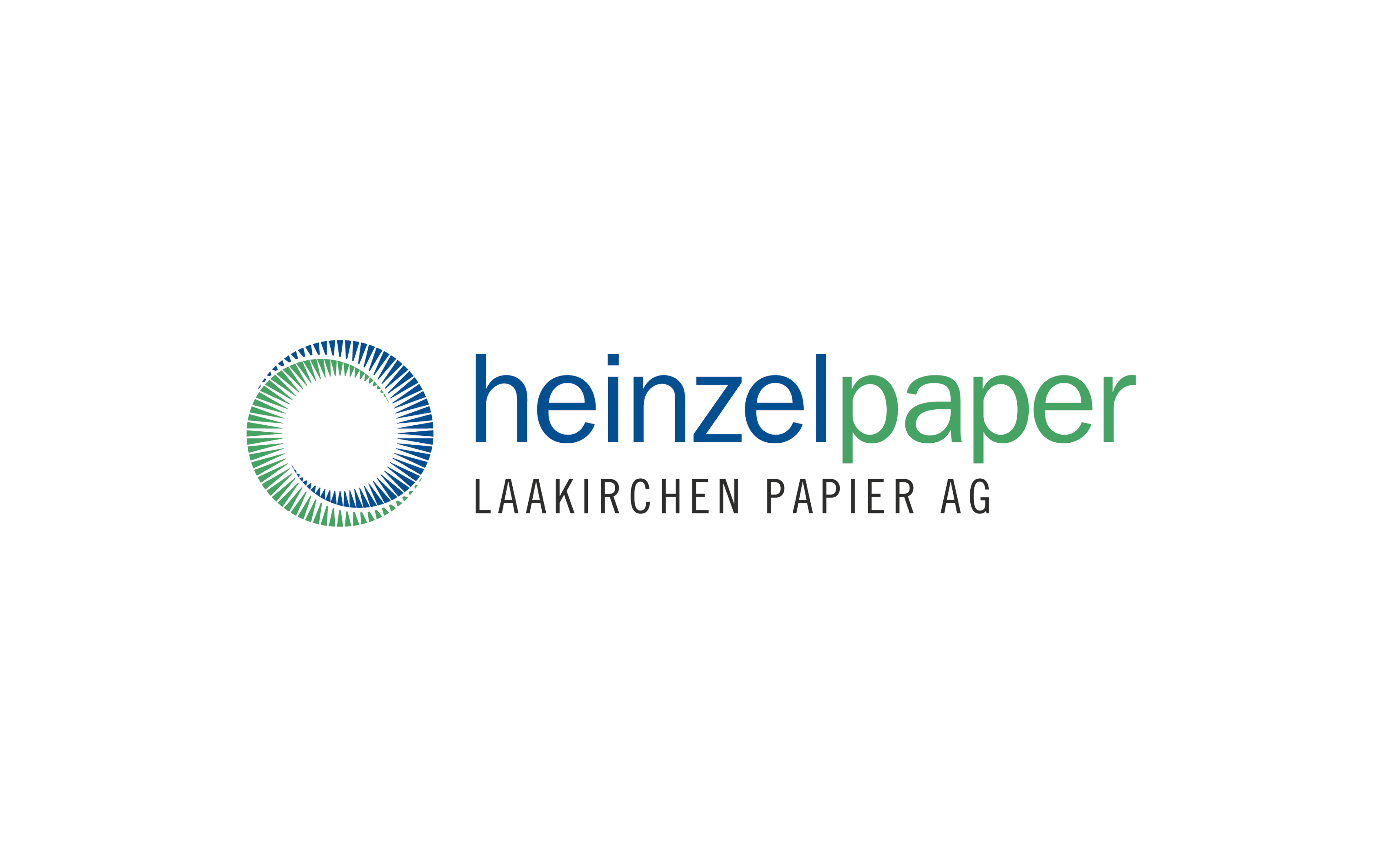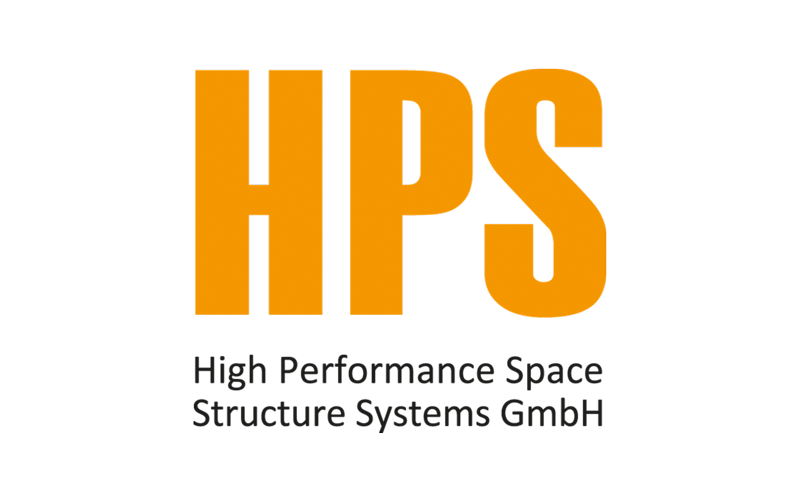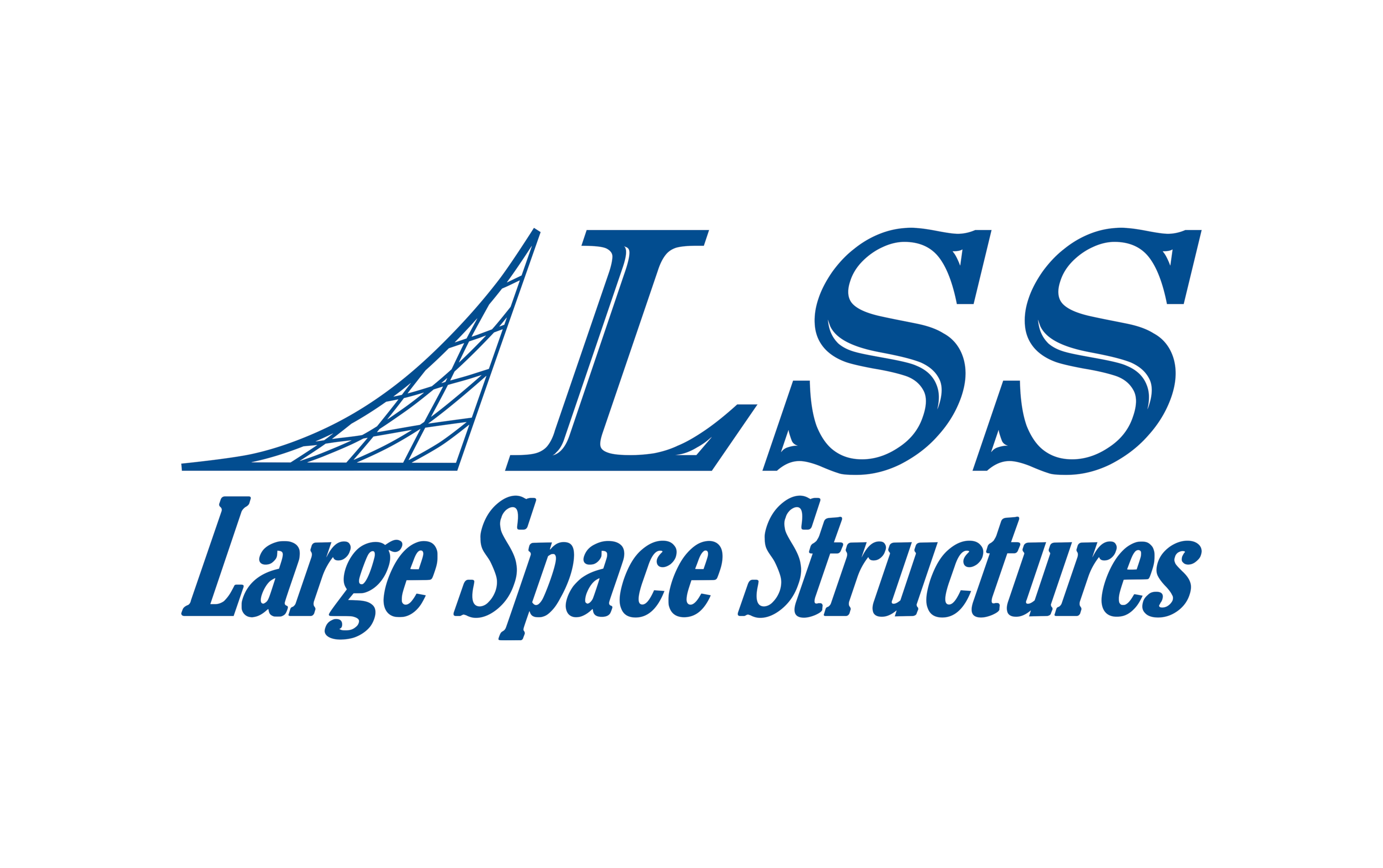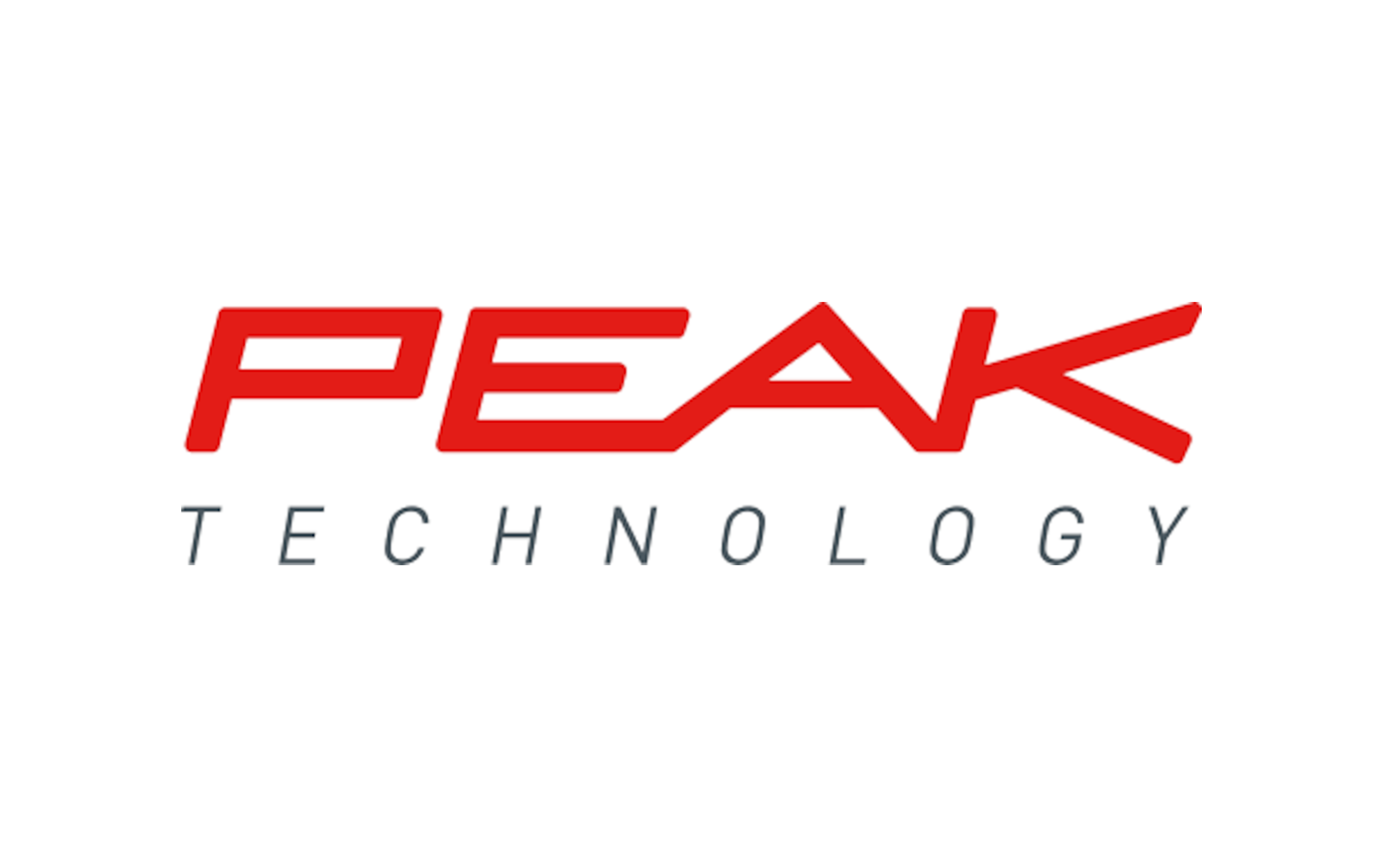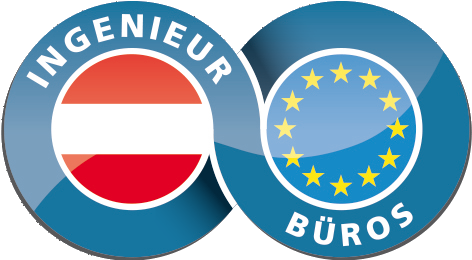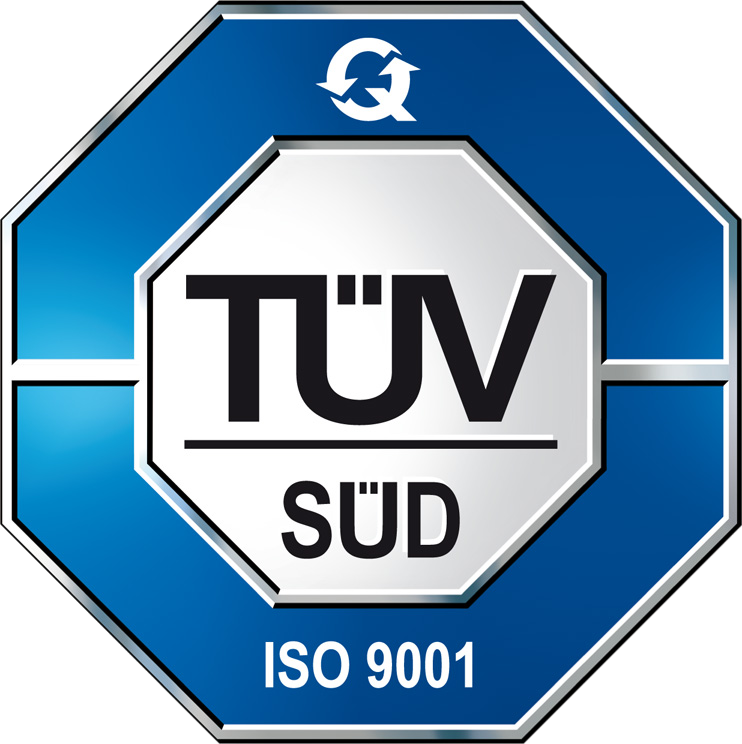CONSULTING
TESTING
DEVELOPMENT
RESEARCH
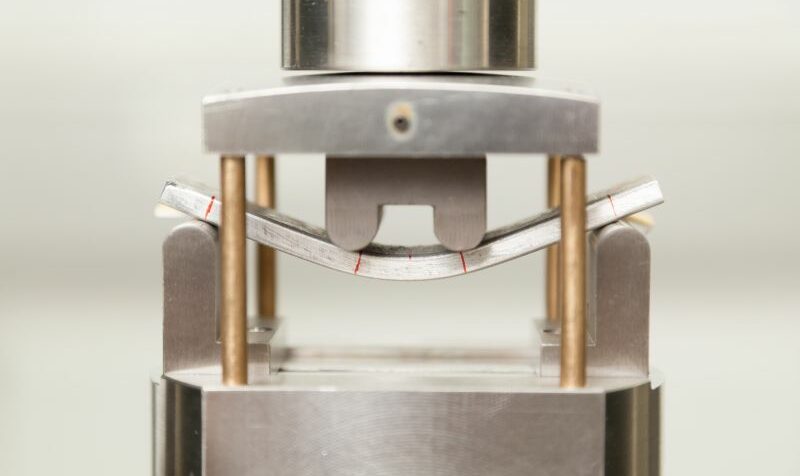
Chemical Analysis
Precise analyis and tests
Energy-Dispersive X-ray Spectroscopy (EDX)
Energy-dispersive X-ray spectroscopy (EDX), often used as part of an electron microscope, is a powerful analytical technique for determining the elemental composition of materials. By bombarding a sample with electrons, EDX detects the characteristic X-rays emitted by elements within the sample, allowing for precise identification and quantification of the elemental makeup. This method is particularly useful in damage analysis, where understanding the elemental distribution can reveal critical insights into the origin of damage, e.g. examining material transfer in tribological systems or analysing corrosion processes.
Infrared Spectroscopy (IR)
Infrared spectroscopy (IR) is another valuable technique for analyzing chemical compositions, particularly organic compounds and functional groups. By measuring the absorption of infrared light at different wavelengths, IR spectroscopy provides a molecular fingerprint of the sample, revealing information about its chemical bonds and molecular structure.
Thermo-chemical analysis
To analyse the behaviour and properties of materials under different temperature conditions, thermal analysis must be carried out at material level. The following methods are available:
- Differential Scanning Calorimetry (DSC)measures the flow of heat into or out of a sample while it is subjected to controlled temperature changes. It provides essential insights into material properties such as glass transition temperatures and crystallinity as well as information about phase transitions, melting points and reaction kinetics.
- Thermogravimetric Analysis (TGA)allows the determination of thermal decomposition, weight loss and thermal stability as a function of temperature.
- The outgassing behaviourof a material represents a special case of thermal analysis: In the standard test (according to the ECSS Q-ST-70-02 standard), the mass loss of a material is determined under the influence of vacuum and elevated temperature. More specific assessment of the outgassing behaviour (including residual gas analysis and chemical determination of the outgassing species) can be obtained in an alternative setup (“Advanced Outgassing Test”) featuring an in-situ weight assessment during increasing the temperature. This test method enables a deeper understanding of the underlying processes and allows an assessment of long-term behaviour.
Dynamic light scattering
Dynamic light scattering (DLS) is intended to provide important insights into particle size distribution and stability in various solutions. It plays a critical role in quality control, research, and development in various industries, helping to advance technologies and improve products and processes.
Density determination
Determining the density of liquids is necessary for product quality and regulatory compliance in many industries. Density measurements enable precise control of recipes and processes and ensure product consistency and performance.

